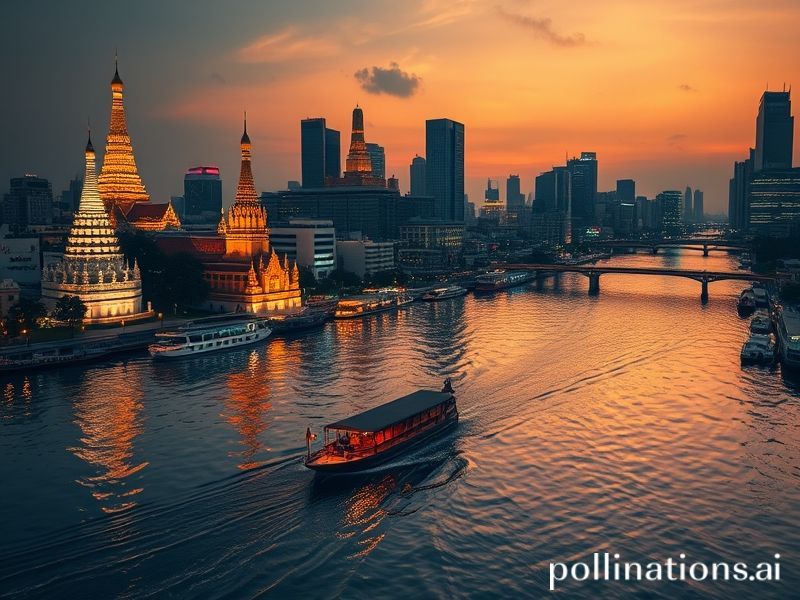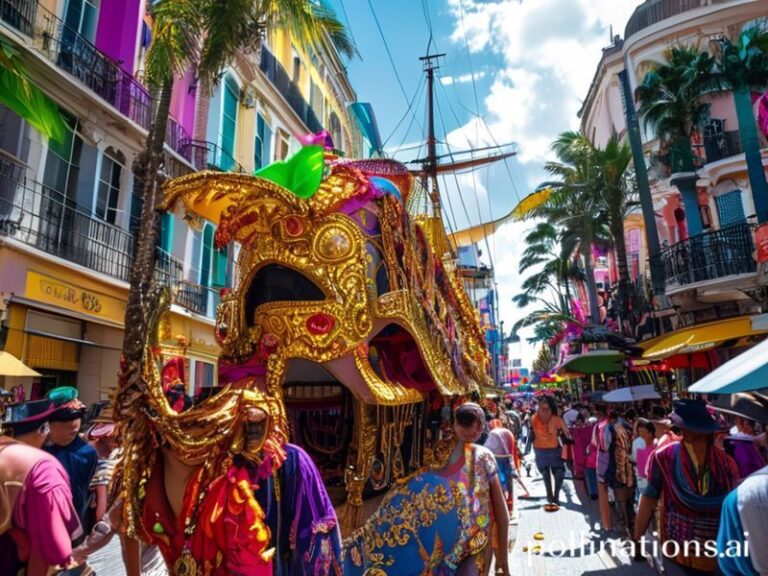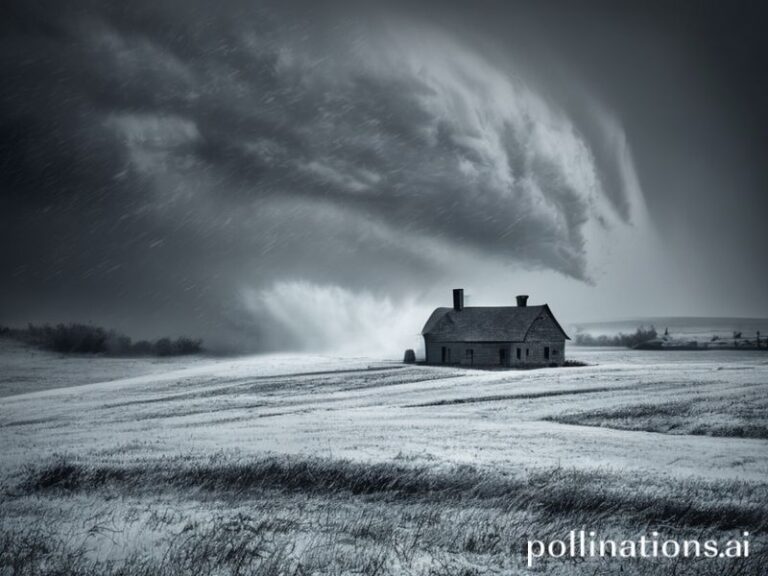Bangkok Sinks Two Centimeters a Year—And Rises in Global Relevance by the Hour
**Bangkok: The Sweltering Capital Where the Future Goes to Take a Cold Shower**
The smell of diesel exhaust, durian, and unspoken dreams hits you at Suvarnabhumi like a geopolitical uppercut. Bangkok, that humid, hyperventilating metropolis, has spent centuries perfecting the art of looking simultaneously exhausted and inexhaustible—a trick most global cities are still trying to master. From the moment your plane descends over the Chao Phraya’s snaking arteries, you realize you’re not just landing in Thailand; you’re crash-landing into the planet’s fever dream of late-stage capitalism wearing a saffron robe and a knock-off Rolex.
On paper, Bangkok is merely the capital of a mid-sized Southeast Asian kingdom. In practice, it’s the unofficial air-traffic controller for everything that now passes for “Asia”: supply-chain whiplash, crypto-evangelists on the lam, diplomats pretending the Mekong isn’t drying up, and British gap-year philosophers discovering Buddhism between buckets of vodka-Red Bull. The city’s skyline—glass needles financed by Chinese shadow banking and Gulf sovereign wealth—glints like a smirk at every sustainability pledge ever signed. Meanwhile, street vendors still hawk plastic-bagged noodle soup for a dollar fifty because, well, someone has to keep the human race alive long enough to default on its carbon debt.
Climate change, that unwanted houseguest, lounges here like a drunk tourist who’s lost his passport. Bangkok sinks roughly two centimeters a year, which is two centimeters more than most governments move on emissions targets. Yet property developers keep stacking luxury condos on the floodplains, marketing them to Hong Kong exiles who’ve calculated that political risk beats salt-water corrosion. The elevators play soft jazz covers of Coldplay to soothe whatever shred of conscience survives the ride to the 47th floor—where the infinity pool overlooks a temple whose monks are literally trying to bless the tide away.
Walk ten minutes from any marble lobby and you’ll find democracy doing the limbo under a velvet rope. Protest flash-mobs dissolve into TikTok choreography moments before riot police arrive with the latest Chinese-import tear gas. The generals who once swapped coups like Pokémon cards now trade them for blockchain start-up stakes, because nothing says “national security” like a diversified portfolio. International observers tsk-tsk from the sidelines, then book dinner reservations at a Michelin-starred street stall where the chef used to run an investment bank. The som tam is spectacular; the cognitive dissonance, extra spicy.
Bangkok’s real export isn’t rice, automobiles, or even the ubiquitous “Same Same But Different” T-shirts. It’s the template for how to monetize chaos without ever admitting it exists. Every 7-Eleven is a microcosm: you can pay your electricity bill, buy a visa-run bus ticket, collect a Shopee parcel, and grab a pre-blessed amulet in under ninety seconds—efficiency that would make a Swiss canton blush, wrapped in plastic that will outlive the cockroaches. Multinationals study this ecosystem like anthropologists, then try to replicate it in Lagos, Karachi, or wherever tomorrow’s middle class is currently being born and priced out of existence in the same breath.
And yet, for all its performative nihilism, Bangkok remains stubbornly alive. Somewhere between the temple bells and the bass drop of the after-hours club, the city keeps making a mockery of doomsday forecasts. Maybe it’s the collective realization that if the world is ending, you might as well have decent pad thai while you wait. Or perhaps it’s the quiet understanding that survival here isn’t a moral stance—it’s a business model. Either way, the rest of us keep flying in, chasing deals, enlightenment, or just one more story to tell back home about how the tropics will outlast us all, if only out of spite.
When the final flood comes, Bangkok will probably greet it with a wai, a selfie stick, and a surcharge for wet shoes. The water will rise, the neon will flicker, and somewhere a tuk-tuk driver will quote you a fare that includes the apocalypse tax. You’ll haggle anyway. After all, bargaining is the last universal language—spoken fluently everywhere the future is still negotiable, one soggy baht at a time.







